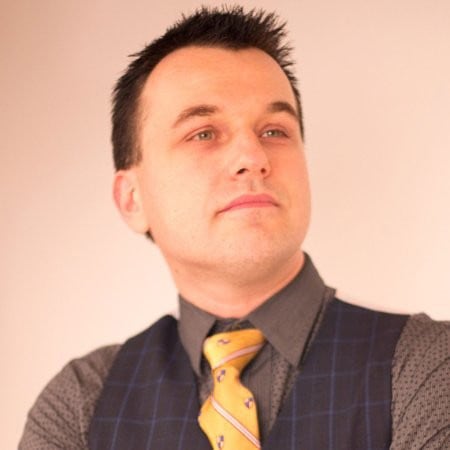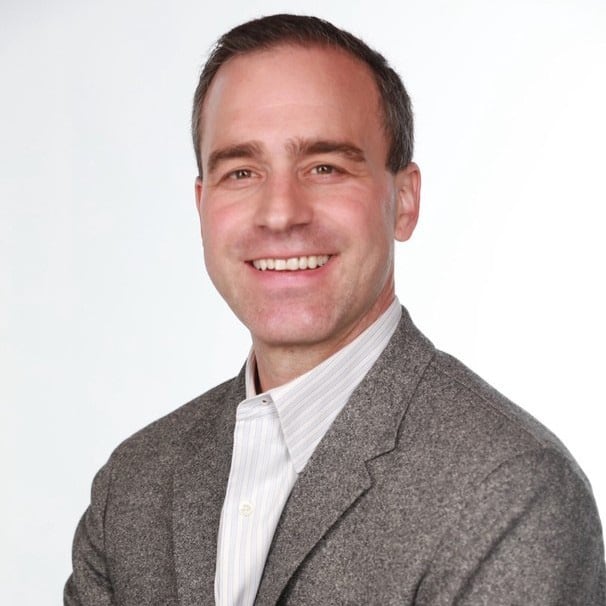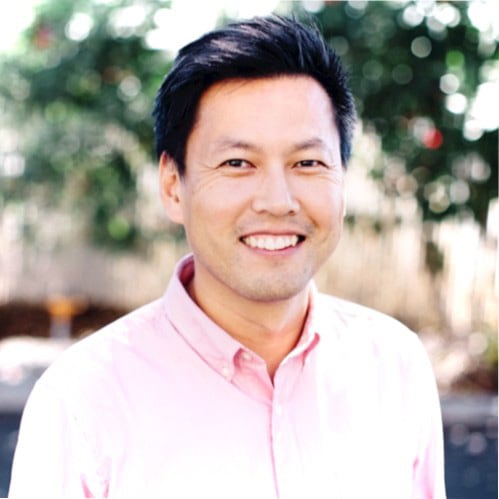Hi, I'm JD. I
make things
that people want.
Current Role

Head of Engineering at AfterHour, the social copy trading platform where 200,000+ investors and traders share real, verified positions — no fake screenshots, no anonymous tips. Backed by Founders Fund and General Catalyst.
AfterHour was founded by Kevin Xu (a.k.a. Sir Jack, who famously turned $35k into $8M on r/wallstreetbets). The mission is to help people make better financial decisions together through radical transparency. We raised a $4.5M seed round in 2024.
I lead engineering across the full stack: real-time trade signal delivery, brokerage integrations via Plaid, AI-powered trading tools, and the consumer mobile and web experiences that tie it all together. We're building the Twitter of the stock market — where every post is backed by real money.
Check out AfterHour
Last Startup

Acquired in 2019 by Middleby ($MIDD).
Brava is an amazing product and company. I'm really proud of what we have accomplished.
If you aren't familiar, it's kind of like bringing a personal chef into your kitchen. It has many thousands of built-in recipes. It cooks with focused infrared light in six different zones, controlled by some fancy software and orchestrated by Brava chefs. With the unique power control system Brava is able to exactly replicate recipes no matter the voltage available in your house. Did you know some houses in the US only have 110V and some have 125V? Cooking appliances don't typically account for that difference.
Brava raised a series A in 2017 after proving the novel cooking hardware was feasible. Beyond the cooking system itself now lies a massive array of software. Brava is built on a custom Linux OS with various processing handling computer vision, sensors, always-on internet, and of course the UI.
The bar for a consumer IoT product is high. I was responsible for architecting, and building some of, well, all the high-level software. This included an always-on connection, real time telemetry, video streaming, analytics pipelines, log pipelines, web and mobile apps, custom eCommerce, custom Linux OS's, background processing, various web services, databases, data warehouses, over the air updates, and DevOps.
After the acquisition in 2019 I became VP and Head of Engineering, overseeing all software development except the low-level device software. I hired and managed a number of Software Engineers from LatAm to augment our existing team to great success and worked closely with the Product and Executive team to ship many new features.
Check out Brava
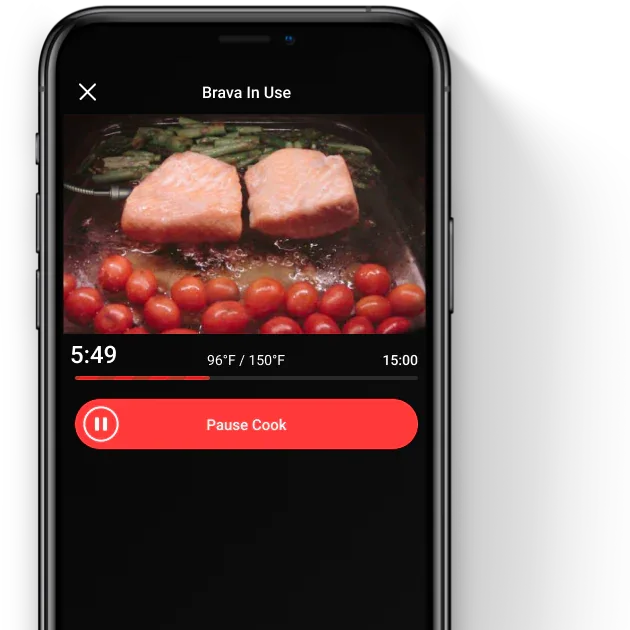
Recommendations
Vibe coded
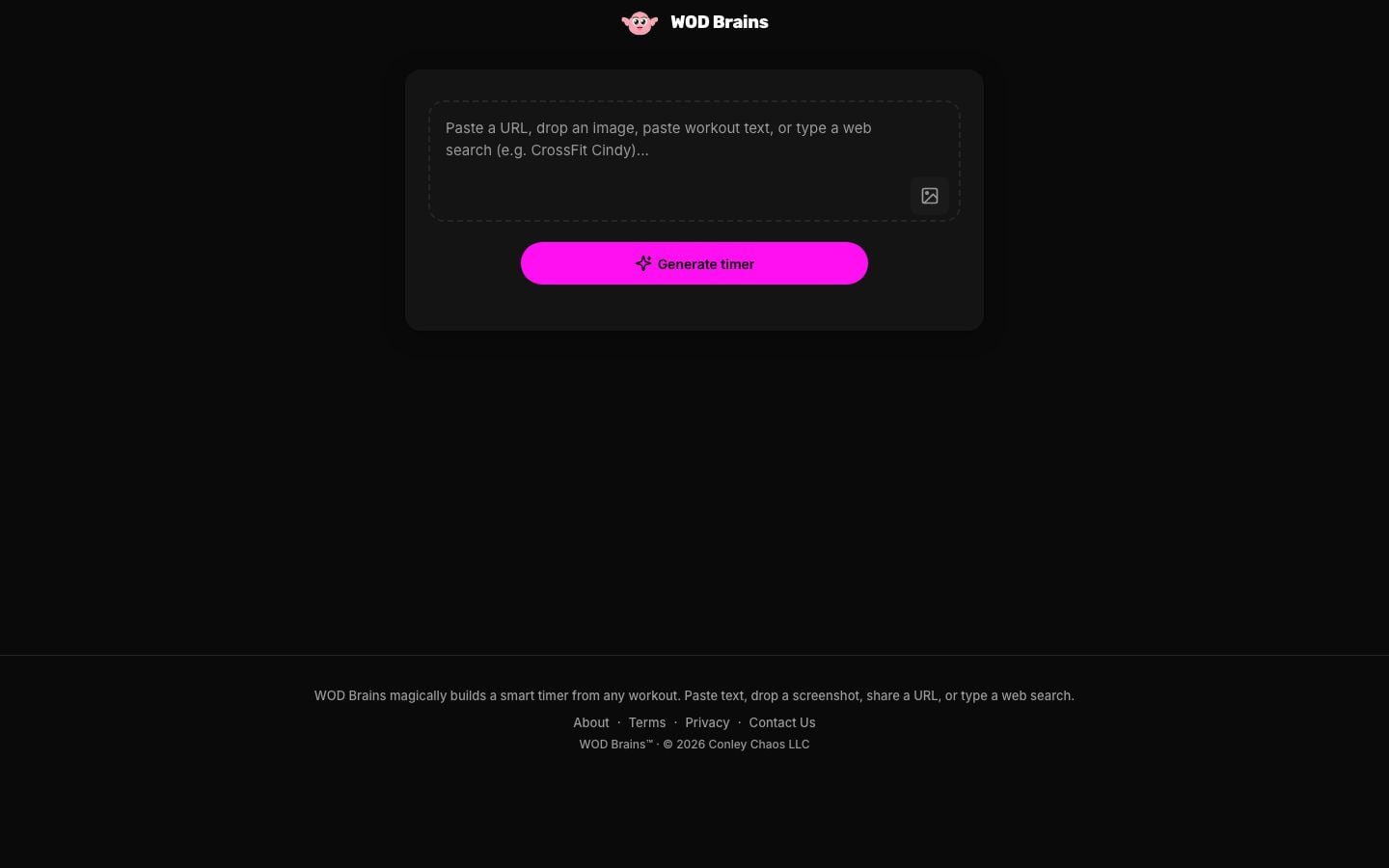
WodBrains
AI-powered smart workout timer
Paste text, drop a screenshot, share a URL, or type a web search
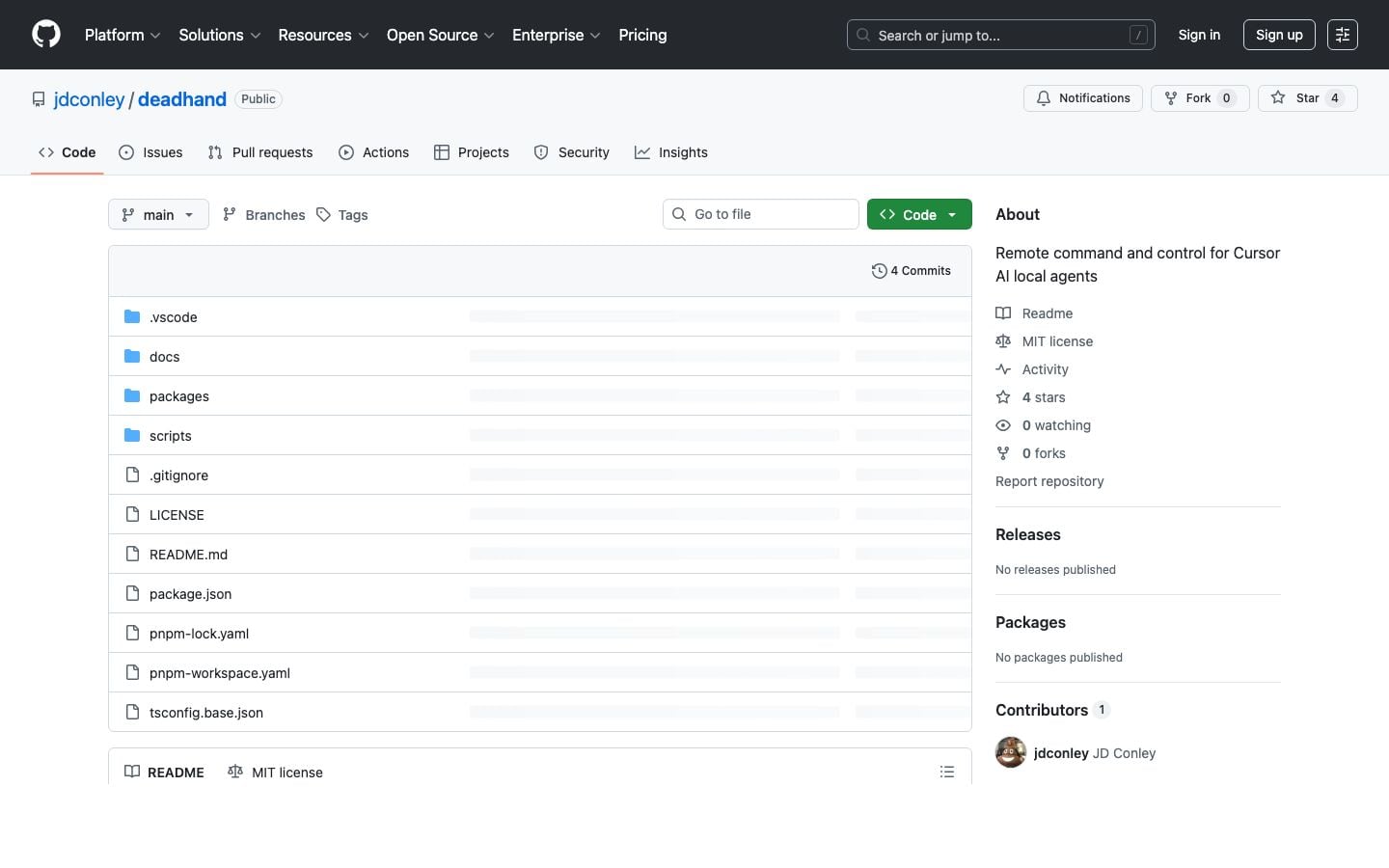
DeadHand
Remote command and control for Cursor AI local agents
Monitor and control agents from your phone
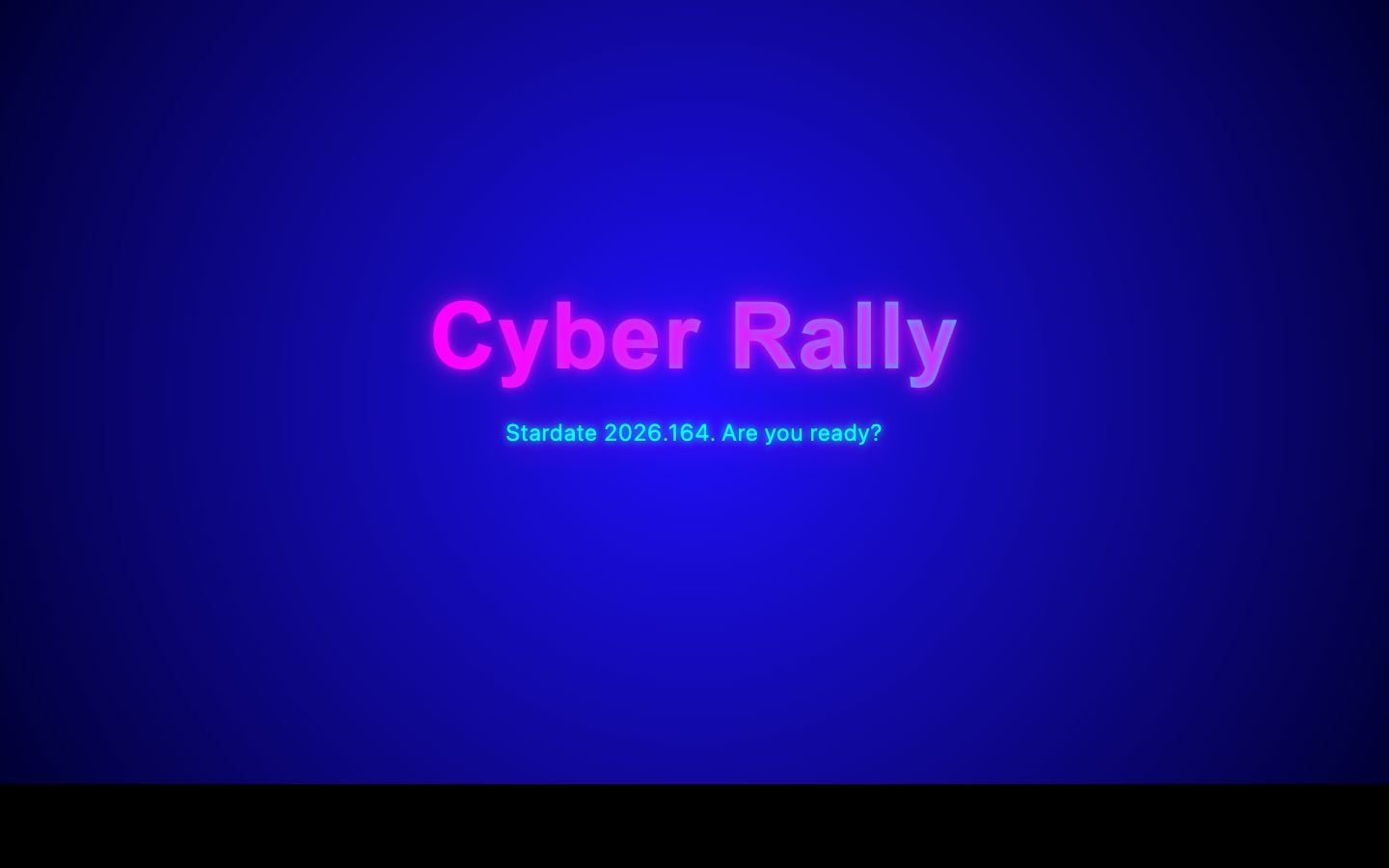
Cyber Rally
Browser racing game
Built for Vibe Jam 2025
Big projects
1

AfterHour
Social copy trading platform
200K+ investors, $400M+ AUM
Head of Engineering
2
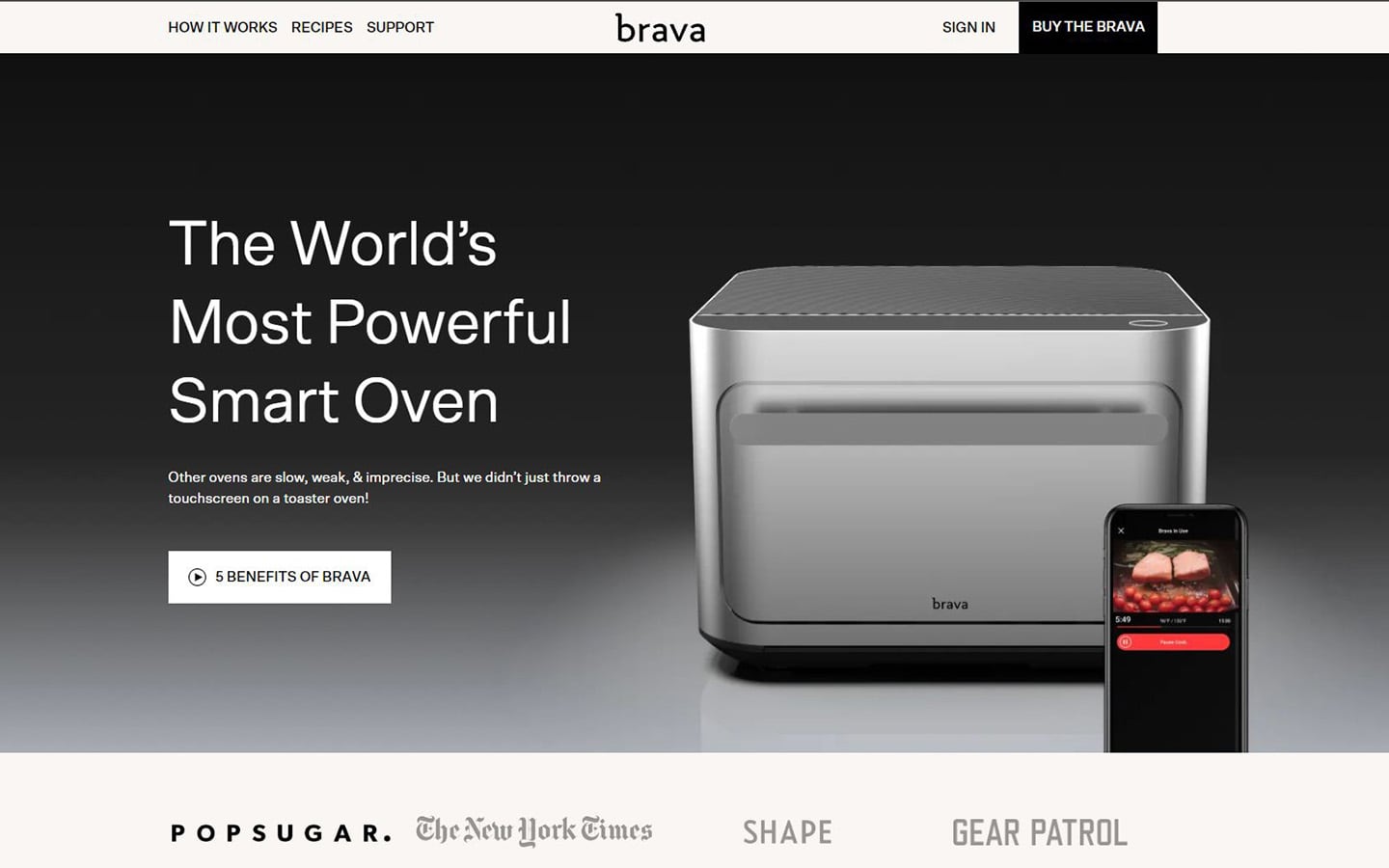
Brava
Complex kitchen IoT device
Scaled to Series C through exit
VP and Head of Engineering
3
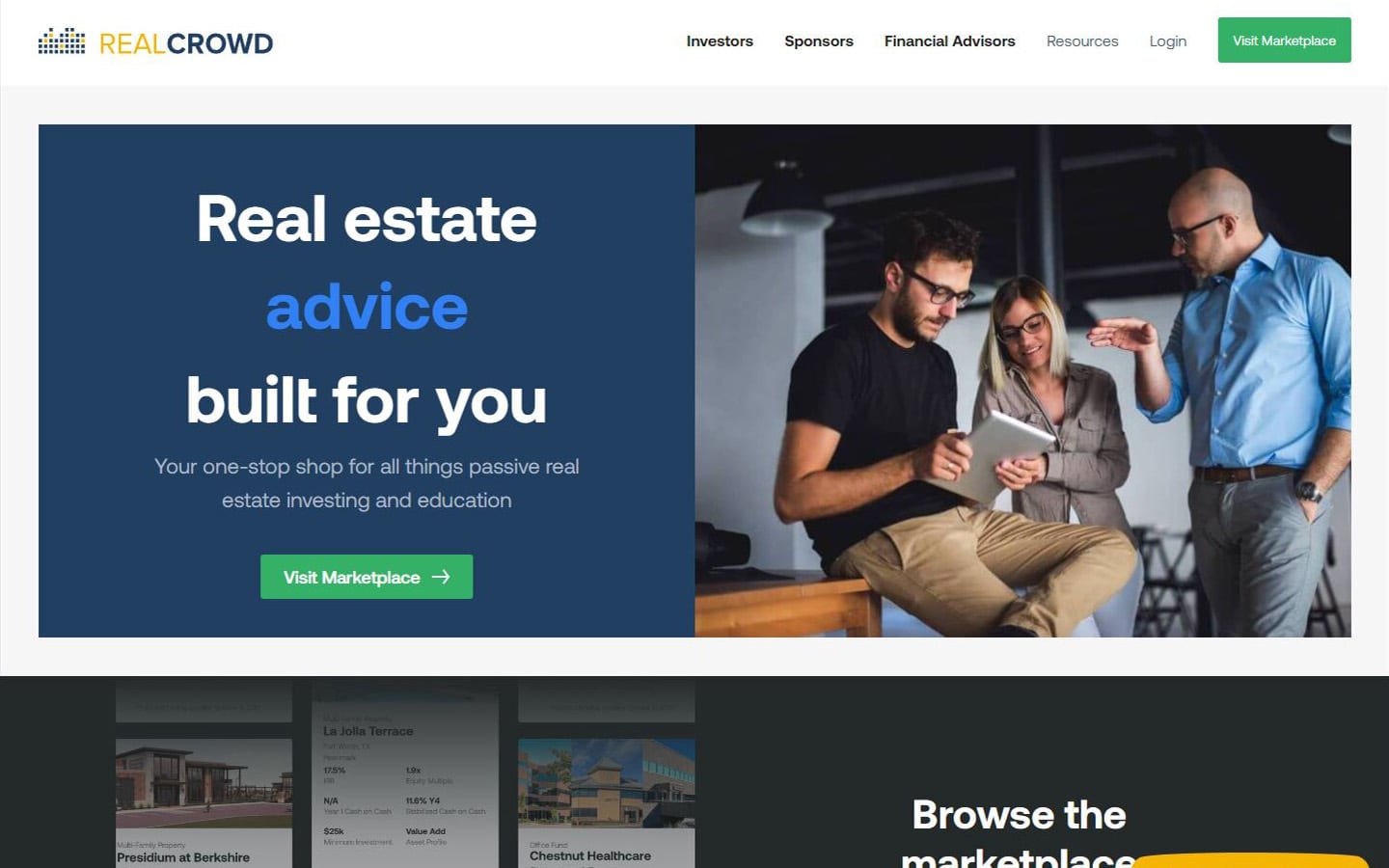
RealCrowd
Direct Real Estate Investing
YCombinator 2013
Cofounder and CTO
4
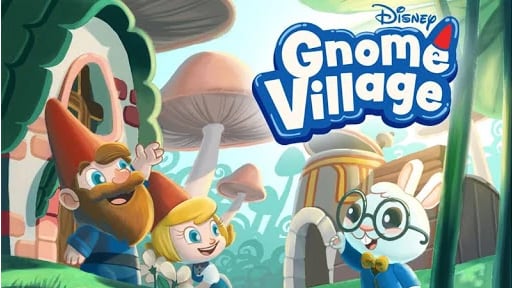
Disney Gnome Village
Analytics driven development
Ported from Flash to mobile quickly
Principal Engineer @ Disney
5
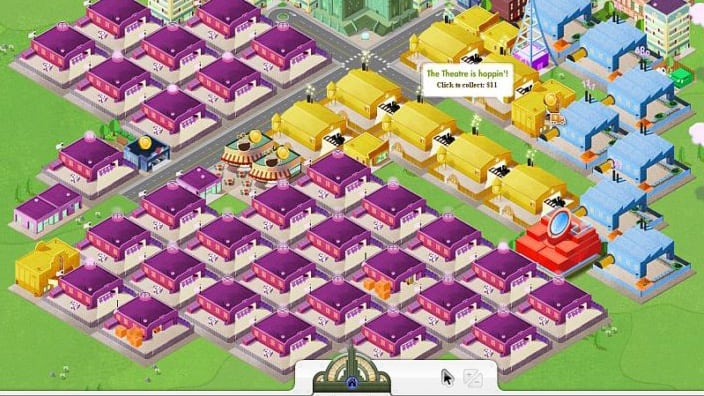
Youtopia
Game engine development
Realtime world sharing with friends
CTO @ Hive7
6
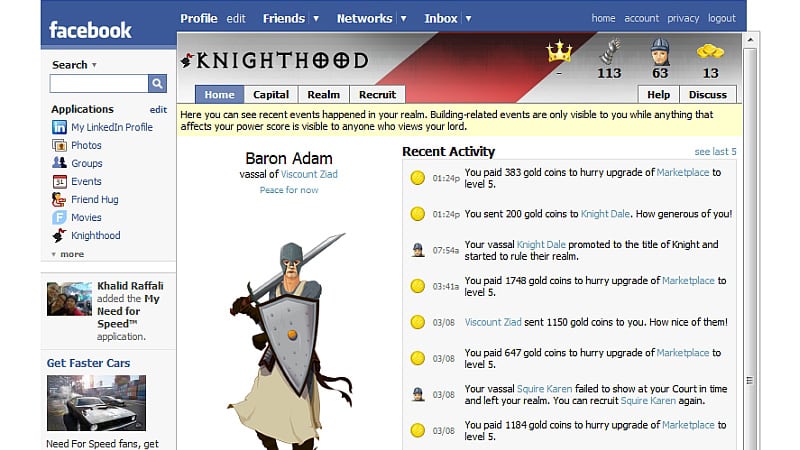
Knighthood
Pioneered SSD for databases
Scaled to millions of users
CTO @ Hive7
7
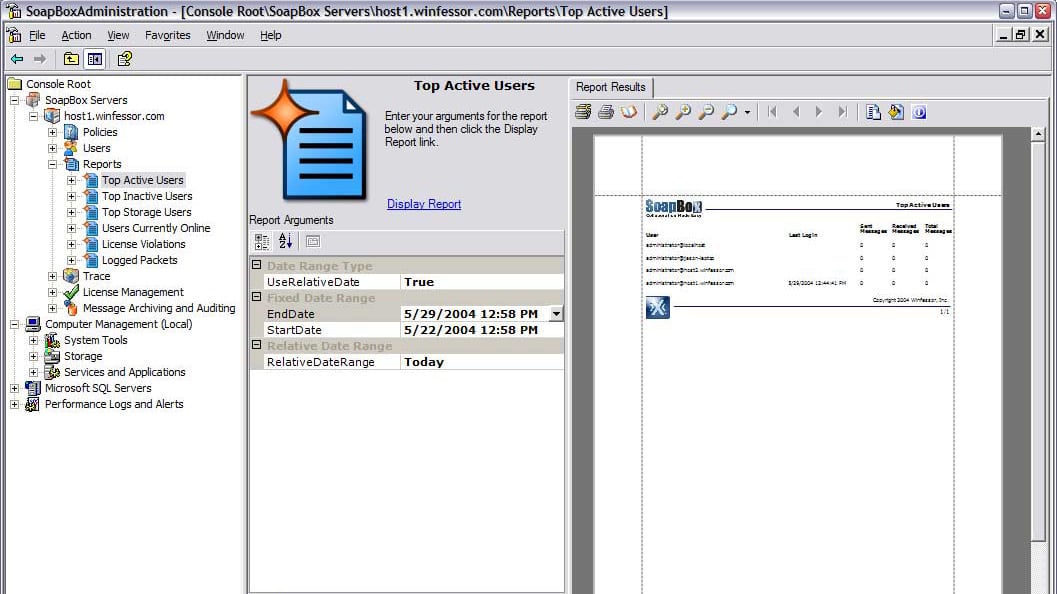
SoapBox Platform
Clients, servers, and SDK's
US DoD approved secure messaging
Cofounder @ Coversant
my principles
First
principles
What problem are you solving? Get to the root of it. People often get stuck in one line of thinking or constrain the solution to a problem within the status quo. I coach teams to break out of that mindset. Challenge the status quo.
Serve
the customer
The products we create as a startup are not built for us. They are built for a customer. People have a tendency to get too close to a product and forget about the ultimate goal. Whenever you build something ask yourself if it is something people want.
Don't
over-engineer
It's easy for product teams to get caught up in engineering for engineering's sake. As a new startup you don't need microservices, an async event queue, 100% coverage unit tests, or perfect CSS. You're going to rewrite many things anyway. Choose your code abstractions wisely and leave room to grow without slowing you down. Prefer buying/OSS software over building it unless it's the core value of your business.
Ship
often
Shipping is scary. Your work is going in front of customers. They might not like it. You know it's not perfect. Some entitled free-tier user is going to complain on Twitter. But this is how we get feedback and learn what customers really want. Setup systems and SOPs in a way that allows you to ship as often as possible with good quality.
Assume
good intentions
Miscommunication, ignorance, or a lack of communication is often interpreted as mal intent. It's paramount to assume your team has good intentions and is making their best effort for the company so you can work together toward the best solution. If anyone proves otherwise, fire them.
Over
communicate
Tell your team how much cash is in the bank. Communicate your values and goals incessantly. Let them know about your big wins and, more importantly, big losses. You are in it together. The last thing you want is people in your company making assumptions when you could provide facts.
biography
May
1981
In the 90's
I grew up in a farming town on a farm. I knew nothing of Silicon Valley or startups. My parents bought me a computer at a young age and let me explore. The rest is their fault.
I got my start shipping software in high school in the 90's by writing apps that automated AOL. I was in a chatroom and saw people scrolling ASCII art, got curious about how, and the rest is history. I taught myself to code by trial and error and with the help of other curious kids in chatrooms, one that happened to live less than a mile from me.
I was most well-known for some defensive software that stopped an assailant from remotely crashing your AOL client, kicking you offline -- both a pint and a punt, if you're down with the AOL prog lingo. This was my first experience with demanding customers, bug reports, and the joy of building things people want.
1998-2002
I graduated high school in 1998 having turned 17 a month earlier, lost my driver's license for three months after too many speeding tickets, and started Community College. I dropped out in the second semester out of boredom. A family friend knew I coded and got me an interview for my first job at Malibu Boats. I made $9/hr. That was more than anyone else my age that I knew of. I was rich. It was there I first learned that databases existed, Y2K bugs were a thing, Active Directory is a beast, and manufacturing companies care deeply about their BOM costs.
2001-2008
This time of my career is when things really accelerated. I found out I could make a lot more than $9 per hour now that I was a "Professional" and did a couple contract roles through a staffing firm at EJ Gallo Winery and The Associated Press. I also hooked up with a consulting firm that built software for the State of California. I led a team that rewrote the California Unclaimed Property website to modern tech and saved the state a ton of money on licenses and hosting. I was exposed to some great, highly experienced engineers, that built software in a much more professional way. There were plans, goals, and some things were even written down.
In 2002 I joined up with a couple of the guys I was working with, and we started our first startup in Sacramento, CA. They were quite a bit more experienced than I was and I learned a ton from them about building high scale consumer-grade products. We built a ridiculous amount of software and sold it to SMB, the government, and even some to consumers.
We bootstrapped, then we raised some funding, then we bootstrapped some more. It was a test of wills. In the end there was small exit and a lot of debt.
2008-2013
Want to play our games? Then give us your friends or give us your wallet. This was the heyday of social and mobile gaming and my introduction to Silicon Valley. I leveraged my experience building high scale software for my first startup to get a Chief Software Architect, that eventually turned into CTO when we were acquired, gig at a small social gaming startup that was struggling to keep up with the load.
We made a bunch of games, served millions of users, invented some amazing technology, and were acquired by Playdom and then Disney. Another exit, no debt. I shouldn't have sold that Disney stock.
At Disney I helped teams do hard things, built central technology, shipped a couple of stupidly profitable games, and got into cross platform development. It was here that I was introduced to hard core statistics and analytics applied to both marketing and product design.
Oh, I also traveled the US in an RV with my wife and kids for nearly a year. I was a digital nomad before that was a thing.
2013-2017
In 2013 I was introduced, by the first employee we hired at my 2002 startup, to some commercial real estate guys that had an idea. As a software person you get pitched a lot of ideas and people always want your help to build stuff. Their idea was good, and they were smart and got stuff done.
RealCrowd got into YCombinator for the summer of 2013 batch. My daughter also fell out of a 3rd story window and broke her neck on Mother's Day, just before the batch started. She's perfectly fine now. This was a trying summer.
We raised capital and built out the first direct investment commercial real estate marketplace. For our first deal you could buy a chunk of mixed retail/office building in San Francisco and get your share of the rent, as well as the tax benefits.
After four years I left RealCrowd for my next adventure and sold the company back most of my equity at a steep discount. I wanted to make sure their cap table was setup for future hiring. It's still running, led by two of the other cofounders.
2017-Now
Remember that 2010 acquisition of our social gaming startup? Well, the CEO of the acquiring company and one of the cofounders were now building Brava. They proved the hardware could work and raised a Series A to start manufacturing and building software. I guess I didn't do a horrible job at Disney because they hired me to be the lead on most of the software. We shipped an amazing product and sold the company in 2019. Brava continues to evolve and improve every day. Some great new products are coming soon!
And that leads us to today. I'm working on stealth startup and do an itty bitty bit of consulting and investing.
I'm a partner in Pioneer Fund and Orange Fund where I do some very-part-time research and investor things. I also write tiny checks on my own, if the company needs me to add more value than capital.
I'm exploring Web3, AI, degen finance, and every other buzzword.
I like smoking meats and brewing beer.
Come hang out in Tahoe! We have nitro cold brew coffee on tap at the office.
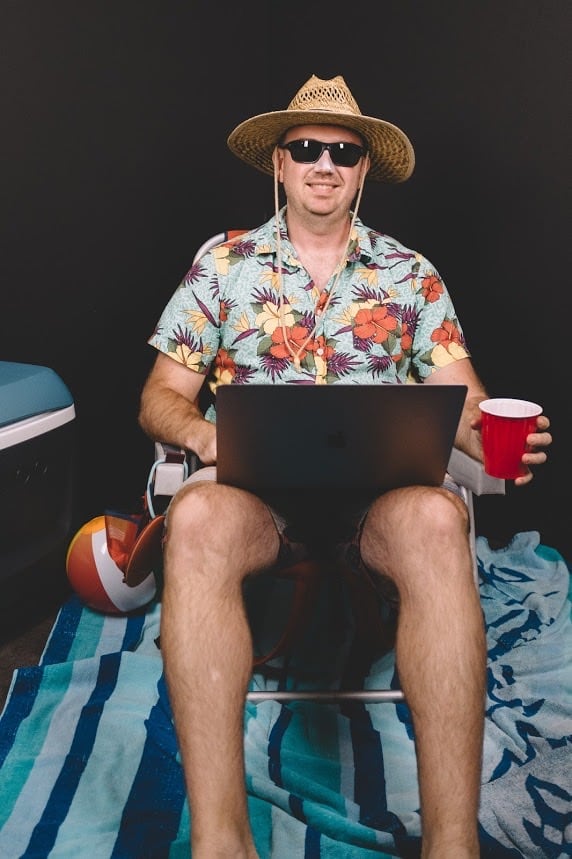
contact
follow me


How this is built
I use AI as a practical build partner: planning, implementation, iteration, and verification with visible logs.
This site publishes real plans and redacted Cursor chat transcripts so people can inspect the process end-to-end.
Work With me
Stuff I'm Available to Do
- Build software people want
- Turn an idea into a product
- Automate workflows with AI
- Build software using an AI factory
- Refactor codebases and software development processes to be AI-friendly
- Train teams to build software with AI
- Help software teams execute like a Silicon Valley startup
- Vet and hire software engineers
- Coach non-technical founders on how to manage software projects
- Fix a software development process
- Fractional CTO
- Advisor
- Board member
- Code and architecture reviews
- Performance analysis and improvements
- Fix scalability issues
- Business strategy as it relates to technology products
- Hang out on boats
- Chat about interesting things


